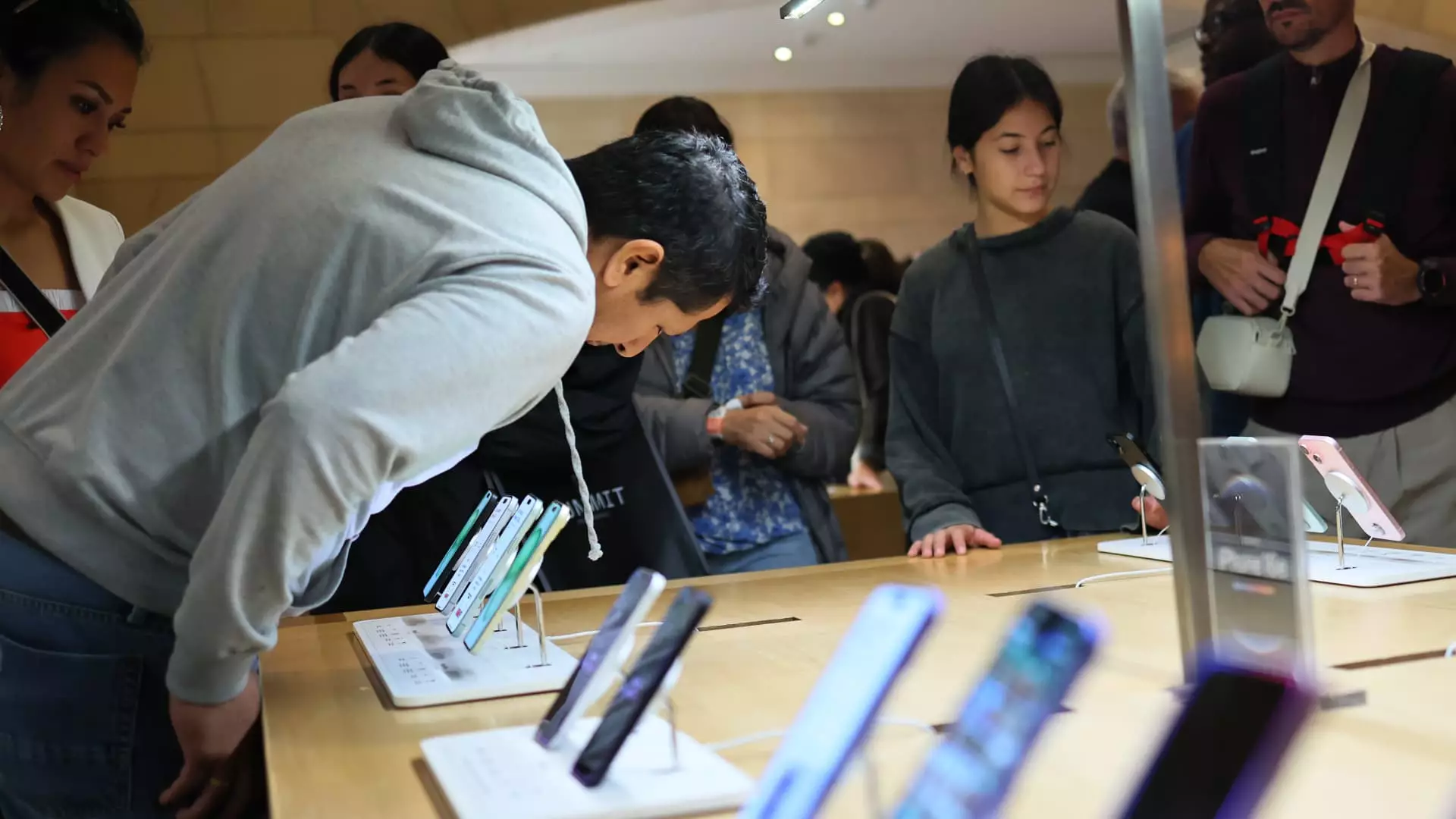Goldman Sachs has pulled off an impressive feat, outpacing analysts’ expectations with remarkable earnings of $14.12 per share, shattering the anticipated $12.35. For anyone remotely interested in the financial sector, this should not only raise eyebrows but offer some meaningful insights into the resilience of traditional investment banks. The revenue of $15.06 billion, exceeding estimates of $14.81 billion, tells a tale of adaptability. Amid market volatility, Goldman is positioning itself as a beacon of robust financial management. For savvy investors, it signals an opportunity to reconsider the traditional roles of these banking giants in a shifting economic landscape, especially when their well-managed portfolios become lifelines in turbulent times.
Pfizer’s Setback: A Staggering Blow for Pharma Innovation
On the other end of the spectrum, Pfizer’s decision to halt the development of its daily weight loss pill after a concerning liver injury during trials raises alarm bells. The pharmaceutical industry thrives on innovation, yet this incident serves as a poignant reminder of the thin line that separates groundbreaking breakthroughs from devastating failures. The modest decline in Pfizer’s stock value might seem trivial, but it’s emblematic of a broader crisis in trust that pharmaceutical companies are experiencing as regulatory scrutiny tightens. Investors need to weigh in the moral obligations of these corporations against their financial intentions. This reluctance could have long-range effects on stock performance that extend beyond this one event.
Apple and Tariff Easing: A Tech Triumph or Temporary Relief?
In an unexpected turn of events, Apple shares surged by over 5% following President Trump’s announcement to exempt electronics from reciprocal tariffs, at least temporarily. This development opens a Pandora’s Box of questions regarding the longevity of such exemptions. While Apple’s gains may appear to be a windfall for the moment, we must consider the inherent fragility of policy. Market analysts could find themselves scratching their heads, wondering how sustainable this rally truly is amid a landscape where geopolitical tensions loom large. For investors, this should serve as a reminder: any apparent market success, particularly for tech fiduciaries, needs to be approached with caution.
The Semiconductor Surge: A Moment of Reckoning
The tech sector didn’t stop with Apple; semiconductor stocks saw a notable lift, with Nvidia rising 3% and Advanced Micro Devices gaining around 4% to 5%. The exemption from tariffs marks a crucial point in a story that has been overshadowed by the fluctuating geopolitical climate. However, one must ponder whether such gains are built on stable ground, or if they are merely a reaction to short-term governmental decisions with long-term repercussions. The tech industry’s dependency on components sourced overseas raises red flags about future vulnerabilities, making this rally a double-edged sword for many investors who must tread carefully.
Retail Resurgence: Best Buy and Dell Defy Trends
Finally, Best Buy’s impressive jump of nearly 9% reflects the public’s insatiable appetite for technology, while Dell’s 6% rise follows closely on the heels of tariff rollbacks. It’s hard to ignore the underlying message: electronics are not going anywhere, and consumer spending habits may very well redefine retail’s place in the economy. Best Buy’s success can be seen as an indicator that even in the face of disruptive economic forces, there remains a resilient consumer base ready to support these establishments. The question now is whether these wins can be sustained or if they are simply a short-lived reaction to current events.
The stock market continues to reveal its complexities, demanding that investors recalibrate their strategies to not only account for immediate gains but also the long-term implications of these shifts.

